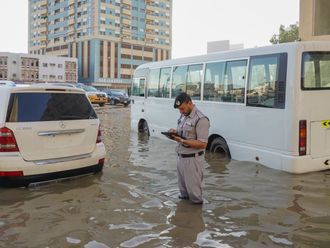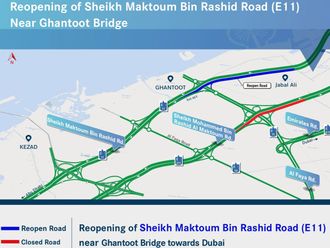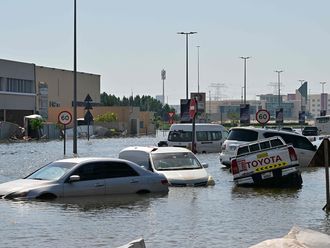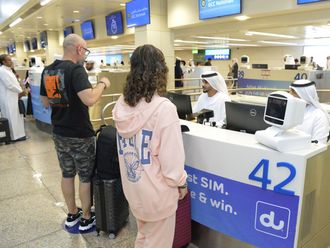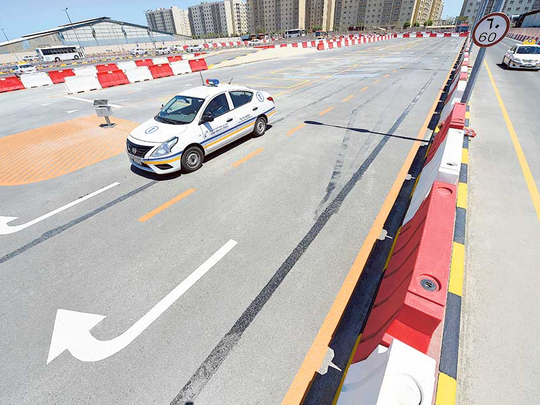
Dubai: Residents applying for a driving licence will have to undergo first aid and emergency training, a top official from Dubai’s transport sector regulator has said.
Several enhancements are being made to the driver’s training programme in Dubai. The enhancements are part of the Roads and Transport Authority’s (RTA) policy of making periodic improvements to its programmes as well as keeping pace with the latest technologies.
Ahmad Hashem Behroozian, CEO of RTA’s Licensing Agency, told Gulf News that RTA is keen on introducing the latest smart technologies wherever possible, making life easier for everyone in line with its contribution to Dubai’s Smart Government initiative.
“We are looking at ways to incorporate first aid and emergency response training in our driving curriculum. I think this is very important because we have seen a growing occurrence of heart attacks and other emergencies when people are behind the wheel and, due to lack of training and awareness, people do not know how to react in these emergency situations,” said Behroozian.
He added that a short health and emergency management course will be added to the driving curriculum shortly.
The RTA is currently trialling a project of automating the yard test, a key milestone in the driver’s training programme.
Yard tests are conducted to test the basic skills of trainee drivers before they are taken out on the road for the final stage of training.
“The smart automated system will ensure that there will be no human intervention during the test. This will ensure reduction of mistakes in judgement, which can happen by examiners. When human intervention is involved, the chances of error in judgement is higher, so use of technology will minimise the margin of error. We are trying to use smart solutions wherever possible to help people and make them happy,” said Behroozian.
Similar systems are already being used in some countries, including South Korea, from where the technology is being procured and being piloted at Dubai Driving Centre (DDC).
Shedding more light on the pilot project, DDC’s training manager Ian Littlefield said: “We are working with RTA in automation of yard test. A team from South Korea, where the system has been in place for 10 years, is working on this with us. The system replaces the human examiner with the computer system, which will examine a trainee driver’s small manoeuvres.”
He added that when machines are involved there is no subjectivity and with human interference there is always an element of opinion.
“This is a very fair testing system and the main benefit of the system according to me is the reduction of nerves. A big reason why most trainees fail the test here is due to fear of examiners. With no human examiner sitting next to the driver, there is no need to be frightened and we are hoping this will reduce the nerve element,” he said.
Interestingly, he added that a similar system could also be implemented to reduce human intervention in the final road test.
“With the road test there will always have to be some human interference. There are examples of some countries implementing automated testing, but human examiners are required to be seated in the vehicle to supervise the process, while the system does the test,” he added.
During the pilot project, which could last until the end of this year, drivers will first be trained in the manual training yard, before being familiarised with the smart yard ahead of the yard test.
Littlefield said that the response to the system has been great but it is still too early to ascertain the results of the project.
The manoeuvres that will be tested by the smart system include parallel parking, angle parking, garage parking, hill start, slope test and emergency braking exercise.
To begin with the system will be implemented only for light vehicle licences and once its merit is proven it will be used for heavy vehicles as well.
RTA is also working the training of instructors and examiners to enhance the process of training as well as making the testing process smoother.


